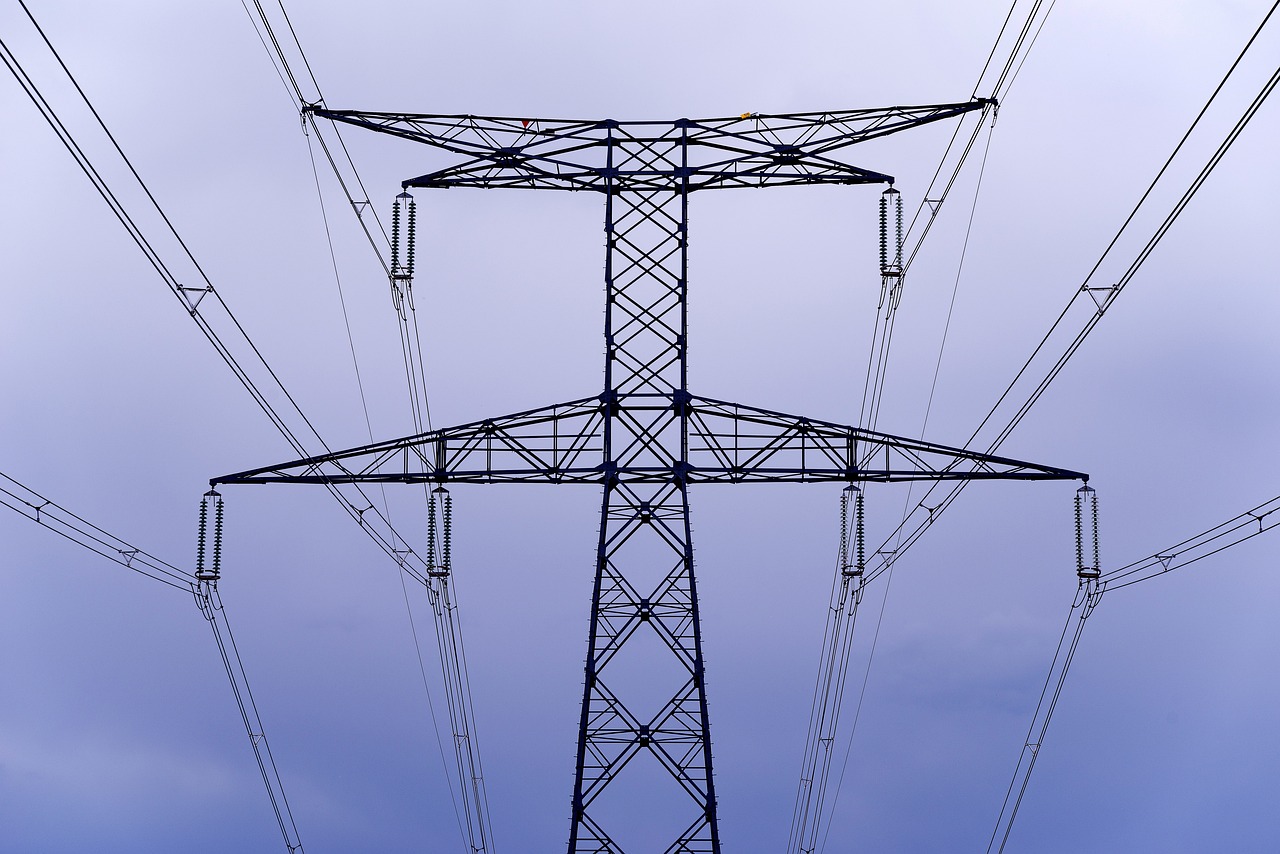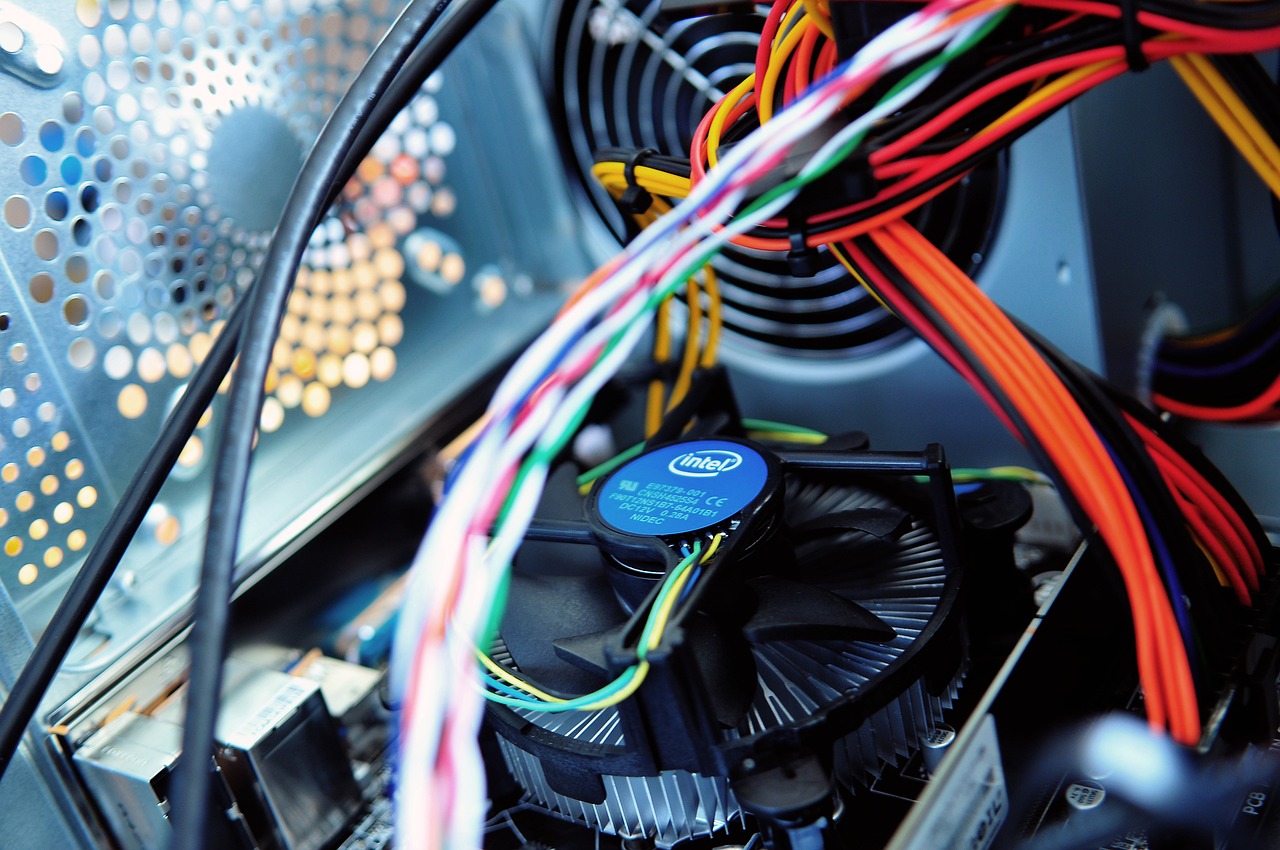If you work with power equipment, you know how important it is to be properly trained. Maybe you’ve seen someone get injured or heard about an accident that could have been prevented with better training. Or maybe you’ve had a close call yourself.
Whatever your experience, it’s clear that working with power equipment can be dangerous if you don’t know what you’re doing. That’s why it’s so important to invest in proper training to keep yourself and others safe.
In this article, we’ll explore the risks associated with power equipment and the potential hazards that can arise if you’re not properly trained. We’ll also discuss the importance of learning how to operate power equipment correctly and the role of certification and accreditation in ensuring that you have the necessary skills to work safely.
By the end of this article, you’ll have a better understanding of why proper training is essential for long-term success in using power equipment.
Understanding the Risks Associated with Power Equipment
You may not realize it, but there are some serious risks involved when you operate certain types of machinery. Power equipment is especially dangerous if not handled with care and caution, as it can cause serious injuries or even death. Common injuries include cuts, bruises, broken bones, and amputations.
It’s essential to understand the risks associated with power equipment and take the necessary safety protocols to prevent accidents from happening. One of the main causes of accidents when using power equipment is inadequate training. Without proper training, workers may not know how to use the equipment correctly or how to respond to emergencies.
This can result in costly mistakes, not only in terms of medical bills and lost wages but also in terms of damage to the equipment or property. The cost of inadequate training is far greater than the cost of proper training, which is why it’s essential to invest in training programs for all workers who use power equipment. By doing so, you can ensure that everyone is equipped with the knowledge and skills needed to operate equipment safely and avoid accidents.
Identifying Potential Hazards and Safety Measures
Oh, just go ahead and ignore the potential hazards and safety measures when it comes to operating that big, dangerous machine. Who needs all their fingers and toes anyway?
But seriously, identifying potential hazards and following safety protocols is crucial when working with power equipment. Some common hazards include electrical shock, cuts and lacerations, burns, and even death. However, many of these hazards can be prevented by taking the necessary precautions.
One important safety protocol is to always wear personal protective equipment (PPE), such as gloves, safety glasses, and steel-toed boots. Additionally, it’s important to read the equipment manual thoroughly and follow all instructions. Never operate the equipment if you’re tired, under the influence, or not feeling well.
Lastly, always be aware of your surroundings and never operate the equipment if someone is in the immediate area. By following these safety measures, you can greatly reduce your risk of injury when operating power equipment.
Learning How to Operate Power Equipment Correctly
Learning how to correctly operate the machinery can prevent potential hazards and ensure a safe work environment. Safe operation is crucial to avoid accidents and injuries that can result in costly medical expenses and legal fees. You must understand the equipment’s proper usage, including the safety features, before operating it.
Always read the manual and follow the manufacturer’s instructions.
Aside from safety, proper training in equipment operation can lead to efficiency and productivity improvement. Knowing how to use the machinery correctly can save time and effort, reducing the risks of errors and mistakes.
Equipment maintenance is also a vital aspect of proper training. Regular maintenance can prolong the machinery’s lifespan, ensuring its optimum performance.
Remember, investing in proper training and maintenance can result in long-term benefits for both the operator and the company.
The Role of Certification and Accreditation
Getting certified and accredited in machinery operation can open up opportunities for career advancement and demonstrate a high level of expertise in the field. Certification benefits include increasing your credibility and marketability as a skilled worker, as well as improving your chances of finding suitable job openings.
Industry standards are established to ensure that power equipment operators have the necessary knowledge, training, and skills to perform their work safely and efficiently. Certification and accreditation are essential in ensuring that operators are competent and qualified to handle various types of machinery.
Employers look for individuals who have undergone rigorous training and have obtained relevant certifications to perform specific tasks. This not only assures them of the operator’s abilities but also reduces the risk of accidents and damage to equipment.
By obtaining certification and accreditation, you can demonstrate your commitment to safety and professionalism, making you a valuable asset to any organization.
Investing in Proper Training for Long-Term Success
If you want to succeed long-term in the machinery operation field, it’s crucial to invest in the right kind of instruction that can equip you with the necessary skills and expertise to excel.
Proper training can help you operate power equipment safely and efficiently, reducing the risk of accidents and damage to equipment. The effectiveness of training can also have a significant impact on job performance, leading to increased productivity and improved job satisfaction.
While investing in training may seem like an additional expense, it’s essential to consider the cost-benefit analysis. The cost of accidents, damage to equipment, and lost productivity due to improper equipment operation can be much higher than the cost of training.
Additionally, investing in training can help you stand out in a competitive job market and potentially lead to higher salaries and better career opportunities. So, if you want to succeed long-term in the machinery operation field, investing in proper training is a wise investment.
Frequently Asked Questions
What are the most common types of power equipment that require proper training?
When it comes to common power equipment that require proper training, there are a few that stand out. Chainsaws, for example, are often used for cutting down trees or trimming branches, but they can be extremely dangerous if not used properly.
Similarly, power drills and saws can cause serious injury if not handled with care. Before using any of these tools, it’s important to undergo a safety assessment and receive proper training on how to operate them safely.
By taking the time to learn how to use these tools correctly, you can minimize the risk of accidents and keep yourself and others safe.
How can one assess their own ability to operate power equipment safely?
Before attempting to operate power equipment, it’s important to assess your own ability to do so safely. Self assessment techniques can include asking yourself if you have previous experience with similar equipment, if you feel confident in your ability to read and interpret manuals and warning labels, and if you have any physical limitations that may affect your ability to operate the equipment.
However, it’s also important to recognize the limitations of self assessment and the importance of seeking professional advice. Even if you feel confident in your abilities, it’s always a good idea to consult with a qualified trainer or equipment manufacturer to ensure that you have the proper knowledge and skills to operate the equipment safely.
What are the consequences of not receiving proper training in using power equipment?

You’re about to embark on an adventure with power equipment. It’s like setting sail on the high seas, except instead of waves, you’ll be navigating through metal and electricity.
But before you set sail, you should know that there are serious consequences to not receiving proper training. Workplace accidents are a real possibility, and the financial costs of those accidents can be devastating. Without the right training, you may not know how to handle emergency situations or recognize potential hazards.
It’s not worth risking your safety or the safety of others. Take the time to receive proper training before setting sail with your power equipment.
How long does it typically take to complete a certification or accreditation program for power equipment operation?
To become certified in power equipment operation, the duration of the program can vary depending on the type of equipment and the level of skill required. Certification duration can range from a few days to several weeks.
However, the effectiveness of the training is more important than the duration. Proper training can provide you with the skills and knowledge necessary to operate power equipment safely and efficiently. It can also help prevent accidents and injuries, and reduce downtime due to equipment malfunctions.
Overall, investing time and effort into a certification or accreditation program is essential for anyone who operates power equipment.
Can improper use of power equipment lead to legal liabilities for individuals or companies?
Are you aware of the legal consequences that can arise from improper use of power equipment? It’s important to take safety measures seriously when operating these machines. Failure to do so can result in serious injury or even death, not to mention potential legal liabilities for individuals or companies.
Proper training in using power equipment is crucial to ensure safe and responsible operation. Don’t take any chances when it comes to your safety and the safety of those around you. Take the time to get certified and learn the necessary safety protocols before operating any power equipment.
It’s better to be safe than sorry.
Conclusion
Now that you understand the risks associated with power equipment, it’s time to take action and invest in proper training.
Did you know that according to the Occupational Safety and Health Administration (OSHA), lack of training is one of the top reasons for workplace injuries and fatalities? This statistic alone should be enough to convince you of the importance of proper training.
By identifying potential hazards and safety measures, learning how to operate power equipment correctly, and obtaining certification and accreditation, you can ensure the safety of yourself and those around you.
Investing in proper training may seem like an added expense, but it’s a small price to pay for long-term success and a safe work environment. Don’t become a statistic – take the necessary steps to protect yourself and others.








